The current state of Australia’s valuable agricultural land is 60% degraded* and continuing to degrade. Mulloon Institute is helping to turn this around.
(*The Australian Land Collaboration)
Australia’s agricultural landscapes face a critical challenge, with 60% of land degraded due to soil erosion, land clearing, acidification, salinity, and climate change. Mulloon Institute is at the forefront of reversing this trend, using innovative research and integrated solutions to restore resilience, productivity, and biodiversity.
Mulloon Institute is a not-for-profit research, education, and advocacy organisation. We believe the long-term sustainability of both agriculture and the environment requires balance and working together. We demonstrate innovative land management approaches that create healthier landscapes with more resilience to climatic extremes. By supporting change in the way landscapes are perceived, valued and managed, the Institute’s work benefits all Australians and ultimately our planet.
Mulloon Institute specialises in rebuilding the water cycle at property and catchment scales. We do this by restoring the movement, storage and cycling of water through the landscape. To do this we work with farmers, First Nations and rural communities to design and install landscape rehydration infrastructure to rebuild landscape function.
Adopting a landscape function approach at the rural community scale fosters a proactive mindset, encouraging adaptation and resilience in the face of both environmental and economic challenges. Through this dynamic change, the farming community is empowered to lead the way in sustainable agriculture delivering on the Sustainable Development Goals (SDG13 Climate Action ), (SDG14 Life below Water), (SDG15 Life on Land), (SDG17 Partnerships for the Goals).
Recognised internationally, we are turning the tide on land degradation and setting a global standard for landscape restoration and sustainable agriculture.
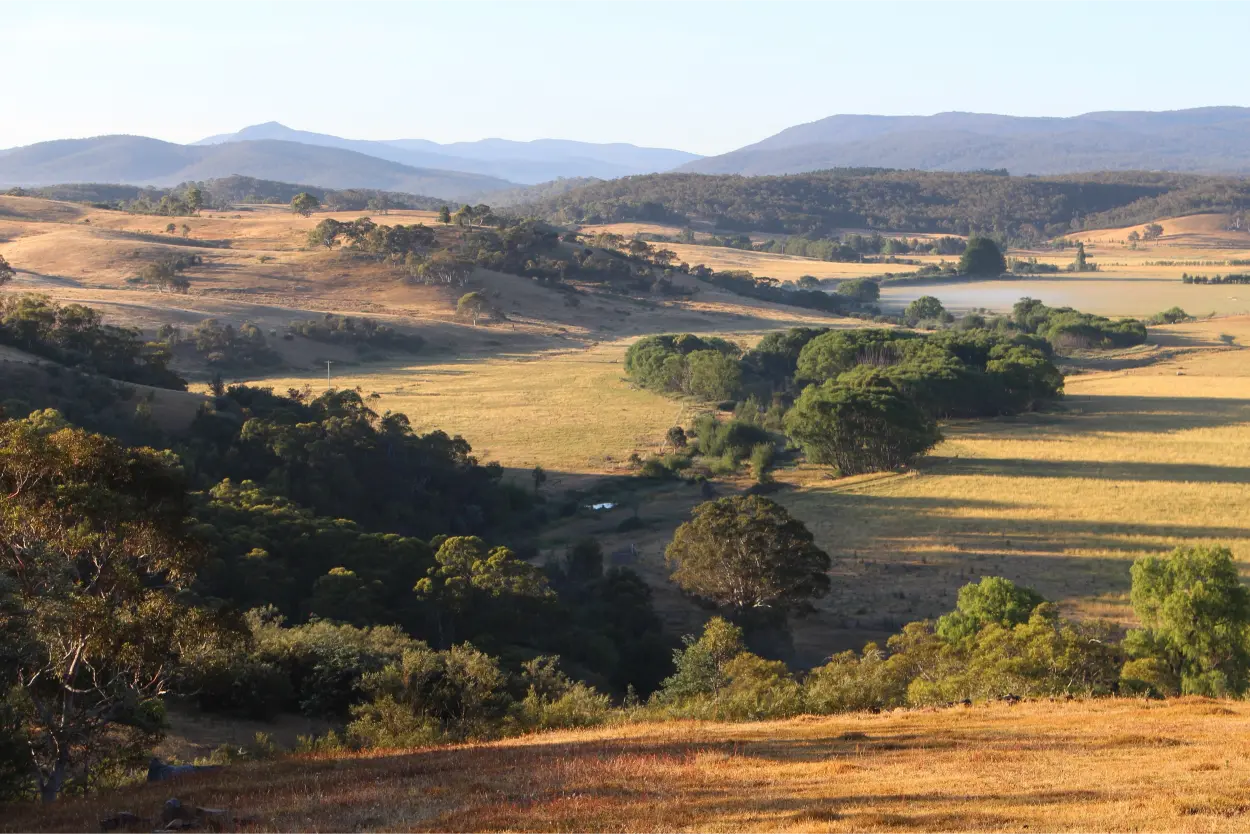
The Challenge
For over 200 years, we have witnessed escalating degradation of stream, riparian and adjacent floodplains, as well as soil erosion and massive land clearing. This has affected the resilience of our catchments to changes in weather patterns and has had devastating consequences on agricultural landscapes, biodiversity, water and soil quality and productivity. Rising to this challenge, Mulloon Institute is a global pioneer and advocate for rehydrating our farmlands, working side by side with rural communities and First Nations people to restore our unique landscape to its full potential.
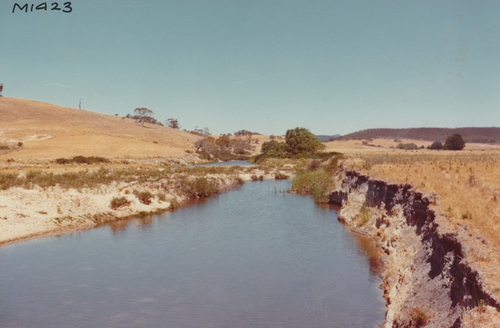
The Opportunity
Landscape rehydration strategies re-establish the conditions for plant growth, rebuild soil fertility, fix more carbon in the landscape, restore lost biodiversity, improve water quality and availability, and moderate climatic extremes. This results in increased agricultural productivity, production of high-quality nutrient dense food, improved human health and community cohesion.
Mulloon Institute unlocks a systems approach to landscape restoration. The focus is on the capacity of a landscape to retain and cycle its vital resources, recover from shocks (drought, bushfire and flood), restore biodiversity and maintain resilience. This is in contrast to conventional farming focussed on synthetic inputs and production on individual farms.
Mulloon Learning Programs work directly with farmers, First Nations, rural communities and Natural Resource Management and regulatory professional to raise awareness and increase capacity to take onground action to address land degradation in agricultural landscapes.
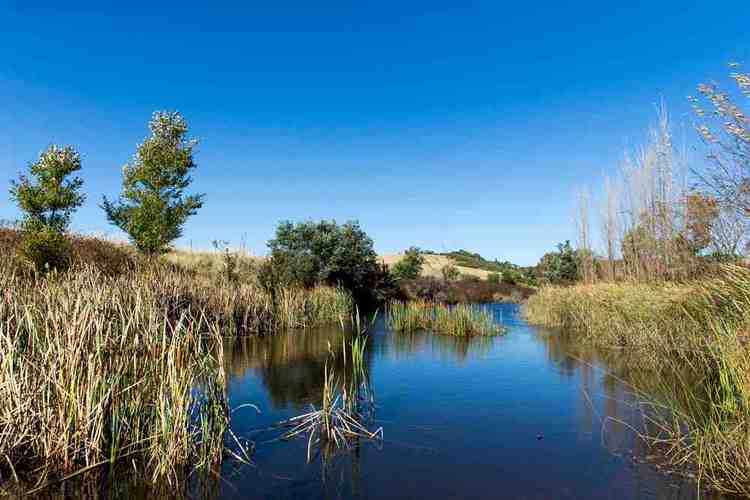
Mulloon Institute Research
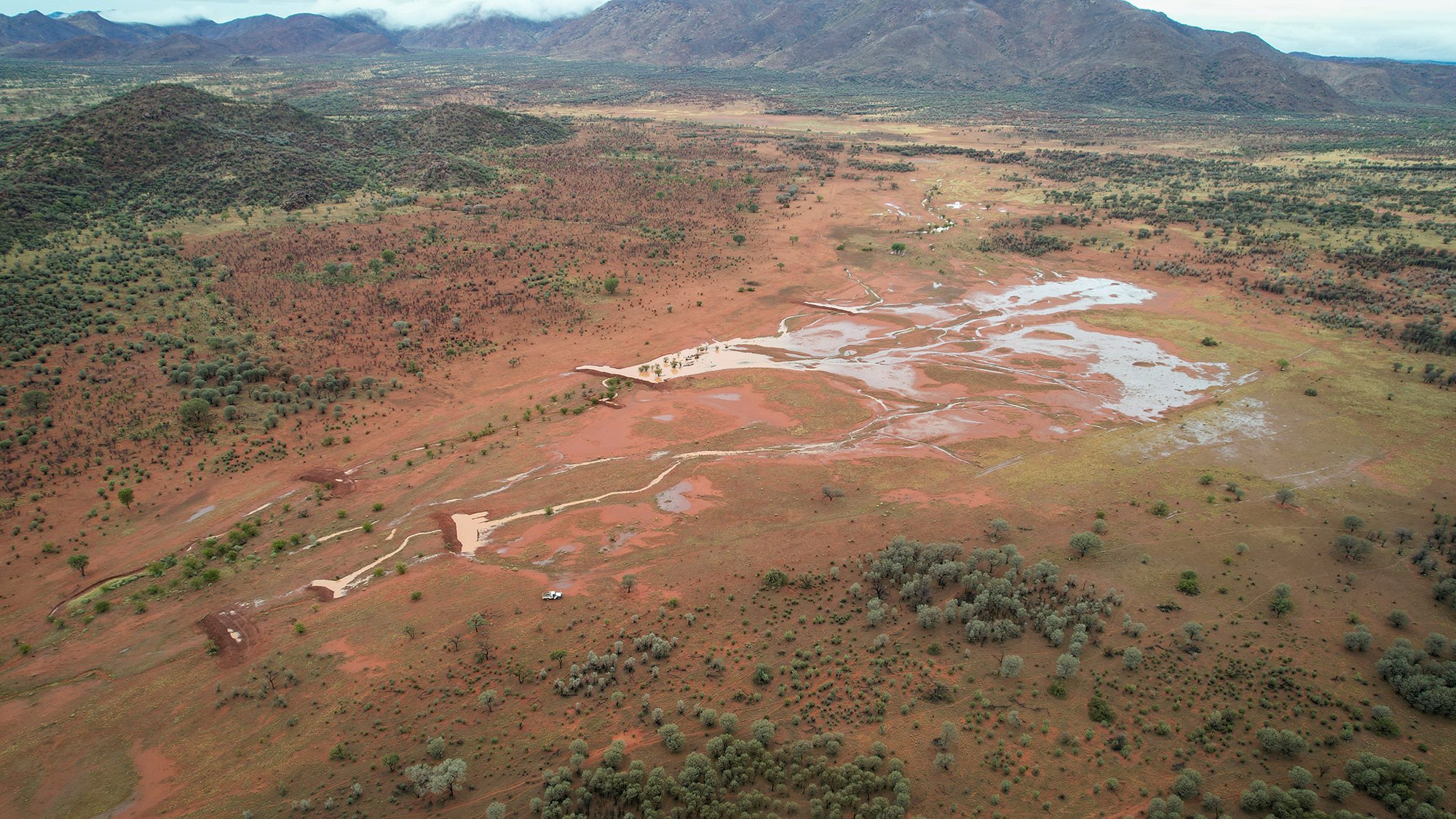
Mulloon Institute’s research focuses on creating more resilient, productive and profitable landscapes where agriculture and the environment are working in unison to combat the impact of changing climatic conditions. We plan and make decisions based on research and facts.
Its research methodologies take a multi-dimensional integrated research approach with three key elements:
- Environmental impact of rehydrating landscapes
- Economic impact of landscape rehydration on landholders, community and the nation
- Social impact of landscape rehydration on community members.
Mulloon Institute has been recognised internationally for its ground-breaking research, particularly in the areas of landscape rehydration and restoration.
In 2016, Mulloon’s world-class research methods and integrated science on the Mulloon Rehydration Initiative, was recognised by the United Nations when it was selected as one of just five model case study projects globally to help develop guidelines for sustainable, profitable and productive farming.
More recently we presented our work and its measured impact to the United Nations Convention to Combat Desertification COP 16 in Riyadh, generating significant further global interest.
Scientific baseline surveys were conducted prior to the Mulloon Rehydration Initiative being implemented to monitor the project’s impact on Mulloon Creek and the surrounding catchment. Ongoing monitoring is also being conducted during the project to monitor changes.
Mulloon Rehydration Initiative – Baseline surveys & ongoing monitoring
Our commitment to excellence and sustainability
Mulloon Institute is one of five organisations globally to have been selected by the United Nations Solutions Network as a demonstrator of sustainable, productive and profitable farming.
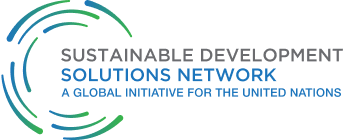

University Partners
We partner with globally recognised universities who are leaders in agricultural research, regenerative land management practices and innovation.
The Institute’s scientists, hydrologists and researchers work with farmers and other stakeholders on leading edge local and catchment scale rehydration and restoration projects across the country and are supported by members of our Science Advisory Committee.
Our scientists are continually refining their research on the Institute’s two working properties located at Mulloon Creek Natural Farms. Here the Institute actively researches and demonstrates various regenerative agriculture methods, undertakes trials, implements on-ground landscape rehydration works, and regularly shares our learnings with farmers and the broader public. We are also increasingly looking to our Indigenous culture in Australia that managed the land and survived from it for thousands of years.
Read more about our Learning programs.













